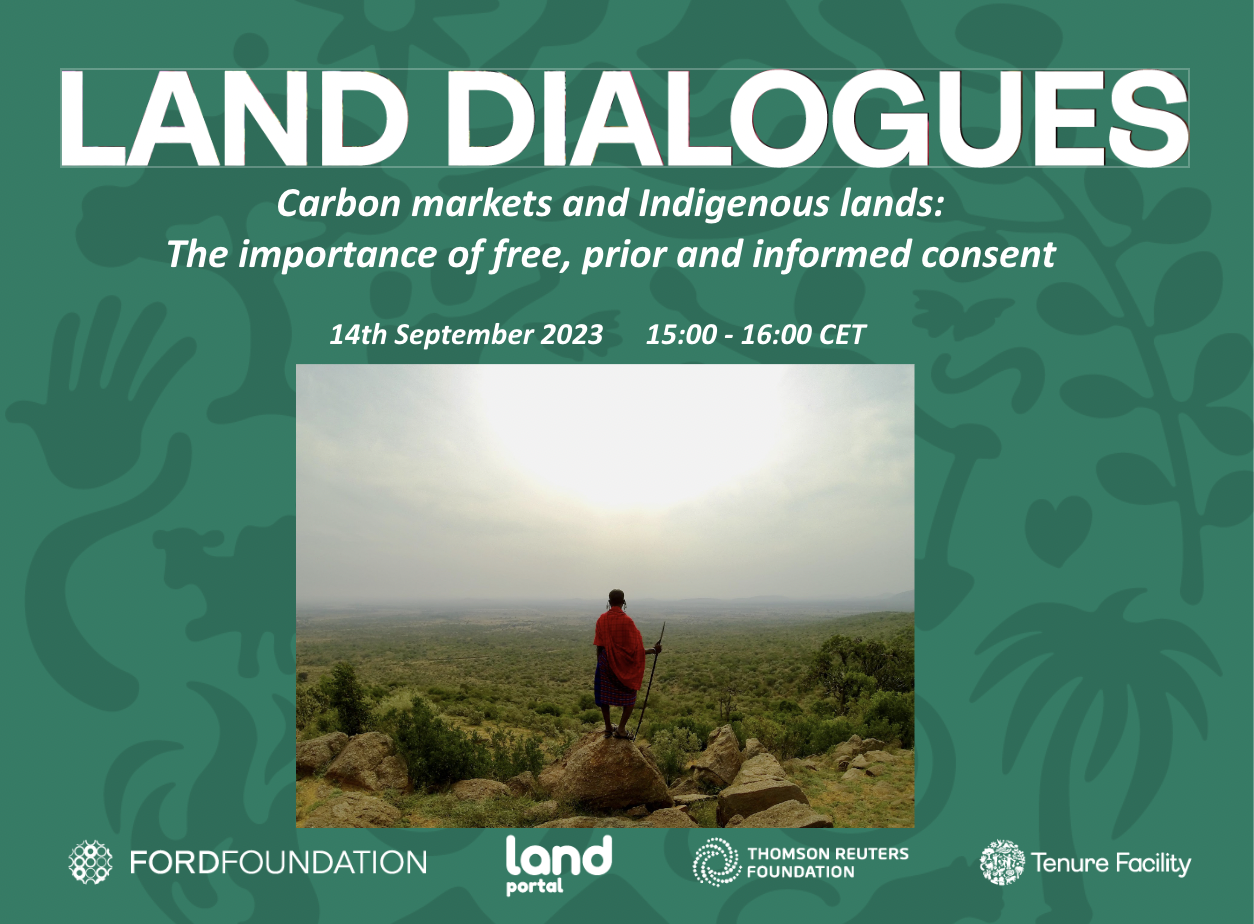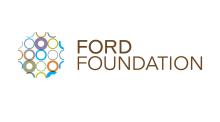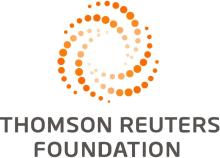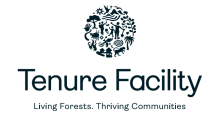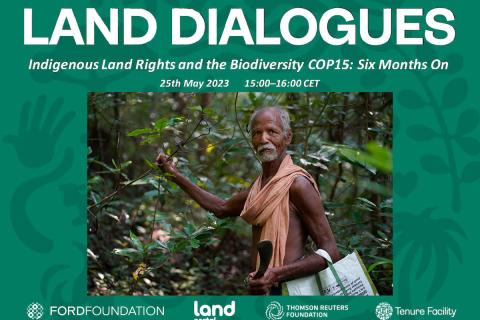Alors que les marchés du carbone ont fait parler d'eux ces derniers temps, la compensation des émissions de carbone forestier est depuis longtemps sujette à controverse. Les marchés du carbone sont des systèmes d'échange par lesquels des pays, des entreprises, des particuliers ou d'autres entités achètent ou vendent des unités d'émissions de gaz à effet de serre. Les partisans de la compensation du carbone y voient un moyen de compenser les émissions résiduelles lors de la transition du Nord vers une économie à faible émission de carbone, tout en canalisant des financements indispensables pour les forêts. Ses détracteurs mettent en garde contre le fait qu'elle dépossède les peuples autochtones et les communautés locales et qu'elle réduit les forêts à leur seule valeur de carbone.
La question sur laquelle portera ce webinaire est la suivante : Dans cette acceptation croissante des marchés du carbone, comment les communautés autochtones sont-elles laissées pour compte ? L'absence de consentement libre, informé et préalable (CLIP) ainsi que d'autres garanties dans ces processus est un défi croissant. Mais les communautés autochtones sont préoccupées par une absence notable en ce qui concerne leur implication dans les marchés du carbone et les impacts sociaux que ces marchés peuvent avoir sur leurs communautés.
Comment les droits fonciers sont-ils pris en compte dans les processus de collecte de données, afin de parvenir à un projet et à un marché du carbone de haute intégrité ? La collecte de données sur les hectares remet en question le modèle actuel du marché du carbone, qui exclut les scénarios quotidiens auxquels sont confrontées les communautés autochtones en matière d'accaparement des terres et d'excursions illégales. Le modèle du marché du carbone ne tient pas compte de l'absence de droits fonciers à laquelle de nombreux peuples autochtones sont confrontés et pour lesquels ils se battent, ce qui les rend plus vulnérables car les marchés incitent à l'exploitation.

